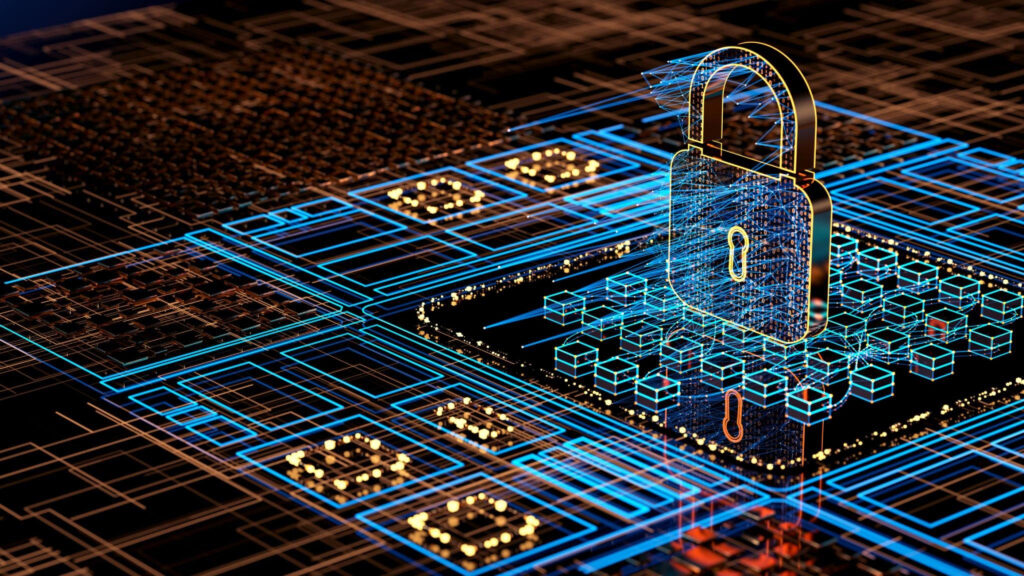Hire a top professional Blockchain developer from our IT staff company
- Home
- Service Details
Hire a Top Blockchain Developer

What is Blockchain and how can it benefit your business and developers?
Blockchain is a cutting-edge technology that offers you a safe, clear, and distributed method for storing and moving data. This versatile tool brings a multitude of advantages to your business and software developers. For instance, it lets you establish verified transactions that you can fully trust to remain unchanged. Best of all, this process happens without the need for any middlemen or third parties, as it’s all confirmed by a network of nodes.
Boosting efficiency and growth in business processes is achievable by minimizing costs, fraud, and human mistakes risks. It also drives you to invent and craft new business models. They use smart contracts, decentralized applications, crypto, and tokens; neat, right? It gives your company a unique market position by enhancing your brand image and customer trust.
How do we provide you with the most qualified and experienced Blockchain developers as part of our IT staff augmentation services?
We are a top-tier company specialized in IT workforce enhancement and Blockchain technology progression. Our team is skilled in finding the right Blockchain developers to suit your needs. Our process of hiring is direct and meticulous, starting with knowing what your project asks and anticipates. We then review potential hires based on their abilities, former work, portfolio, and reviews. Afterward, we set up professional interviews and arrange tests to check how the candidates match up with your project and their Blockchain development skills. Then, we present you with the filtered candidates’ profiles and resumes for your review and remarks. In the end, we link the chosen candidates to your project, ensuring they combine seamlessly with your existing IT crew and workflow.
How do we ensure the quality and security of your Blockchain solutions with our best practices and standards?
We promise to give top-quality, safe Blockchain solutions that fit your needs and budget. We use the best methods and standards in IT staff growth and Blockchain design, like using the newest Blockchain platforms and tools. We create novel, easy-to-use solutions for your target users. We follow Blockchain design rules and coding norms to guarantee the evenness and clarity of your solutions.
Moreover, we use quick and organized practices like agile methodology and scrum framework. This helps to make sure your solutions are delivered quickly and effectively. Additionally, we use things like code review, testing, and debugging to make sure your solutions work well and are reliable. We also add safety features to keep unwanted access, data losses, and harmful software away from your solutions.
How we use the latest Blockchain features and tools to create innovative and user-friendly solutions for your target audience.
We stay current with all things Blockchain, aiming to boost the usefulness and functionality of your solutions. Among the latest know-how, we utilize Ethereum. This blockchain technology offers us the capability to create smart contracts, decentralized applications, cryptocurrencies, and tokens, all through the Solidity programming language. We also leverage Hyperledger – a platform that, equipped with different frameworks and tools, lets us make advanced Blockchain solutions for a diverse range of industries. We also make use of Corda. Great for financial areas and other regulated sectors, this platform offers us the ability to generate distributed ledger solutions.Moreover, we employ Truffle, a resource aiding in crafting, examining, and launching your Blockchain solutions via Ganache’s local development arena and Infura’s cloud service. We also utilize Web3.js, a collection of functions enabling interaction with your Blockchain solutions through JavaScript coding language.
How we showcase our IT staff augmentation and Blockchain development expertise with our portfolio of successful projects and testimonials.
We rejoice in our proficiency and triumphs in IT staff augmentation and Blockchain technology. Numerous Blockchain program accomplishments under our belt encompass a wide array of sectors – online retail, academics, showbiz, finance, and wellness. A glance at our Blockchain project portfolio and client feedback on our website will give you a clear picture. Feel free to reach out to us for a cost-free discussion and estimation for your Blockchain venture. We eagerly await your connect and the exciting times of teaming up with you.
